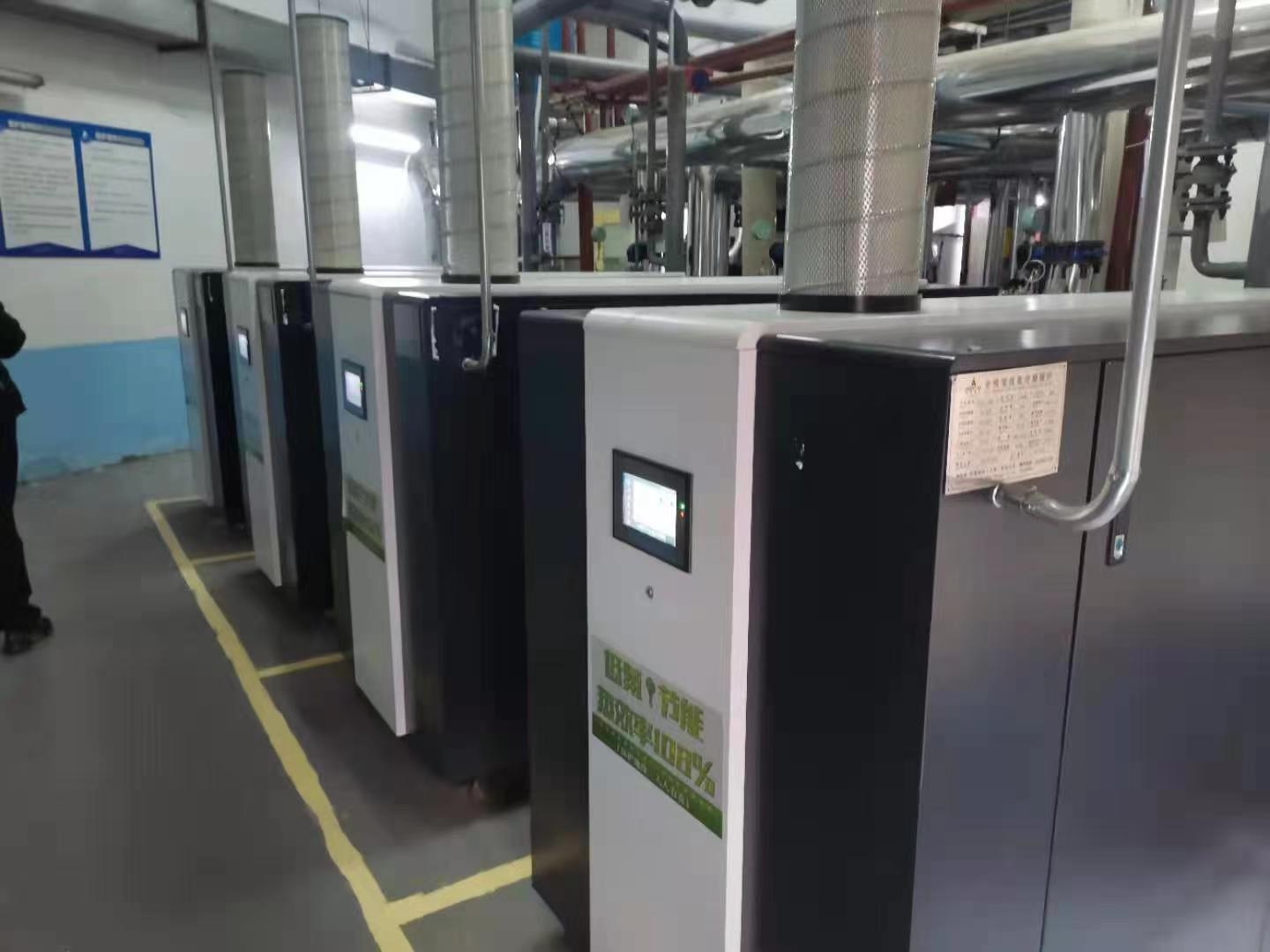- Afrikaans
- Albanian
- Amharic
- Arabic
- Armenian
- Azerbaijani
- Basque
- Belarusian
- Bengali
- Bosnian
- Bulgarian
- Catalan
- Cebuano
- China
- China (Taiwan)
- Corsican
- Croatian
- Czech
- Danish
- Dutch
- English
- Esperanto
- Estonian
- Finnish
- French
- Frisian
- Galician
- Georgian
- German
- Greek
- Gujarati
- Haitian Creole
- hausa
- hawaiian
- Hebrew
- Hindi
- Miao
- Hungarian
- Icelandic
- igbo
- Indonesian
- irish
- Italian
- Japanese
- Javanese
- Kannada
- kazakh
- Khmer
- Rwandese
- Korean
- Kurdish
- Kyrgyz
- Lao
- Latin
- Latvian
- Lithuanian
- Luxembourgish
- Macedonian
- Malgashi
- Malay
- Malayalam
- Maltese
- Maori
- Marathi
- Mongolian
- Myanmar
- Nepali
- Norwegian
- Norwegian
- Occitan
- Pashto
- Persian
- Polish
- Portuguese
- Punjabi
- Romanian
- Russian
- Samoan
- Scottish Gaelic
- Serbian
- Sesotho
- Shona
- Sindhi
- Sinhala
- Slovak
- Slovenian
- Somali
- Spanish
- Sundanese
- Swahili
- Swedish
- Tagalog
- Tajik
- Tamil
- Tatar
- Telugu
- Thai
- Turkish
- Turkmen
- Ukrainian
- Urdu
- Uighur
- Uzbek
- Vietnamese
- Welsh
- Bantu
- Yiddish
- Yoruba
- Zulu
Aug . 12, 2024 02:58 Back to list
Exploring Commercial Heat Exchangers for Efficient Hot Water Supply Solutions in the Market
Heat Exchangers for Commercial Hot Water Suppliers An Essential Component for Efficiency and Sustainability
In the realm of commercial hot water supply, heat exchangers play a pivotal role in ensuring efficiency, energy conservation, and sustainability. These devices facilitate the transfer of heat between two or more fluids—typically hot water and cold water or air—without allowing them to mix. This article explores the importance of heat exchangers in commercial hot water systems, the different types available, and their benefits to suppliers and customers alike.
Understanding Heat Exchangers
Heat exchangers are essential components in various industries, including hospitality, healthcare, manufacturing, and food service. By enabling the efficient transfer of heat, they reduce energy consumption and operational costs, making them invaluable for businesses seeking to maximize their resources.
There are several types of heat exchangers used in commercial settings, with the most common being shell-and-tube, plate, and air-cooled exchangers. Shell-and-tube heat exchangers consist of a series of tubes, one set carrying the hot fluid and the other carrying the cold fluid, allowing for efficient heat transfer. Plate heat exchangers, on the other hand, use thin plates to facilitate heat exchange, which makes them compact and highly efficient. Air-cooled heat exchangers utilize air to lower the temperature of the fluid, making them suitable for outdoor applications.
Benefits of Heat Exchangers
1. Energy Efficiency One of the primary advantages of using heat exchangers in commercial hot water systems is the significant energy savings they provide. By effectively transferring heat between fluids, these systems require less energy to heat water, thus lowering utility bills for businesses. This is particularly vital in environments where hot water usage is high, such as hotels and hospitals.
heat exchanger for commercial hot water suppliers

2. Reduced Environmental Impact As businesses increasingly prioritize sustainability, heat exchangers contribute to reducing the carbon footprint associated with hot water supply. By minimizing energy consumption, these systems decrease greenhouse gas emissions, supporting a transition toward more eco-friendly operations.
3. Consistent Hot Water Supply Businesses require a steady supply of hot water for various applications, from cleaning to cooking. Heat exchangers ensure that hot water is readily available, maintaining a constant flow and temperature despite fluctuations in demand.
4. Improved System Longevity Efficient thermal management in heating systems can prolong the lifespan of boilers and water heaters. By moderating temperature fluctuations and optimizing heat transfer, heat exchangers help prevent unnecessary wear and tear on these expensive components, ultimately reducing maintenance costs.
5. Versatility Heat exchangers are flexible in application. They can be integrated into existing hot water systems with relative ease, making them a popular choice for businesses looking to upgrade their infrastructure without a complete overhaul.
Conclusion
For commercial hot water suppliers, investing in heat exchangers is a forward-thinking strategy that promotes energy efficiency and sustainability. These devices are not just crucial for lowering operational costs; they also play an essential role in enhancing the environmental responsibility of businesses. With various types of heat exchangers available, businesses can choose the solution that best fits their unique needs, ensuring that they remain competitive while contributing to a more sustainable future.
By prioritizing the integration of heat exchangers in their systems, commercial hot water suppliers can meet the growing demand for efficient and eco-friendly solutions, setting themselves apart in a rapidly evolving market. In a world increasingly focused on sustainability, adopting such technologies is not just beneficial—it is imperative for long-term success.
-
8mm Thin-Walled Cast Steel Manhole Cover Pallet Bottom Ring | Durable
NewsAug.04,2025
-
Premium Cast Iron Water Main Pipe: Durable, Corrosion-Resistant
NewsAug.03,2025
-
Durable Cast Iron Water Mains | AI-Optimized Systems
NewsAug.02,2025
-
High-Efficiency Propane Boiler for Baseboard Heat | Save Energy
NewsAug.01,2025
-
Premium Source Suppliers for Various Gray Iron Castings
NewsJul.31,2025
-
Durable Cast Iron Water Main Pipes | Long-Lasting
NewsJul.31,2025


